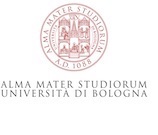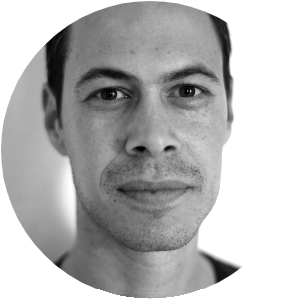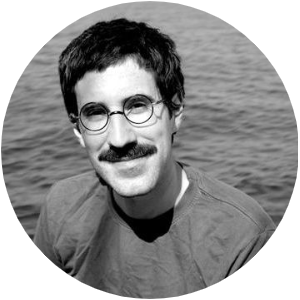CHARLES HELLER, LORENZO PEZZANI
|
|
|
As a result of the conflict between the movements of migrants towards Europe on the one hand, and the exclusionary regulations and bordering practices of European states on the other, illegalised migrants have resorted to crossing the sea in precarious conditions, and more than 40.000 migrants’ deaths at sea have been recorded since the beginning of the 1990’. Drawing on the research conducted since 2011 within the Forensic Oceanography project, this course will introduce students to the shifting policies and mechanisms leading to migrants’ deaths at the maritime frontier, the novel methodologies developed to account for them – from satellite imagery analysis to 3D modelling, and the challenges of seeking accountability. Based on this, the course will address a wide range of questions: how can we understand and register violence in its many different guises? How can we navigate complex regimes of (in)visibility, in which deaths can be hidden but also spectacularised? What is the politics of different technologies and methods used to reconstruct cases of violence? What are the potentials, limits and ambivalences of strategic litigation and the language of the law? |
|
|
Working together since 2011, Heller and Pezzani co-founded Forensic Oceanography, a collaborative project based at Goldsmiths that has developed innovative methodologies to document the conditions that lead to migrants’ deaths at sea. In 2021, they established the Geneva-based research and investigation agency Border Forensics, which extends their work beyond the Mediterranean. Heller and Pezzani have also launched the WatchTheMed platform, a tool enabling nongovernmental actors to exercise a critical right to look at the EU’s maritime frontier and support migrants’ freedom of movement. They have authored a number of human rights reports, including "Report on the Left-to-Die Boat" (2012); “Death by Rescue” (2016) ; “Blaming the Rescuers” (2017); "Mare Clausum" (2018) and “The Nivin” (2019), which have contributed to strategic litigation and have had a major impact both within the fields of migration and border studies, nongovernmental politics and the public sphere. The videos based on their investigations have been exhibited internationally, including at the HKW, the Venice Biennale, the MACBA, the MOMA, the ICA and Manifesta 12. Based on their research, they have published and lectured internationally on the transformations of the Euro-Mediterranean border regime, the politics of aesthetic practice and nongovernmental politics at sea. They are the co-editors with William Walters of Viapolitics: Borders, Migration, and the Power of Locomotion (2022) and are completing a monograph tracing the evolution of the Mediterranean border regime and of their forensic strategies. |
|
|
|
|
|
Lorenzo Pezzani is an architect and researcher. His work deals with the spatial politics and visual cultures of migration, with a particular focus on the geography of the ocean. He is currently Lecturer and leads the MA studio in Forensic Architecture at the Centre for Research Architecture, Goldsmiths, University of London. |
|





